Cutting funding for science can have consequences for the economy, US technological competitiveness
The jury’s out on whether the US is still at the top of global science. Proposed cuts to major agencies could mean completely ceding that title.
The jury’s out on whether the US is still at the top of global science. Proposed cuts to major agencies could mean completely ceding that title.

Hubble’s work pushed the field of astronomy forward, starting with his paper demonstrating that some objects exist outside our galaxy.
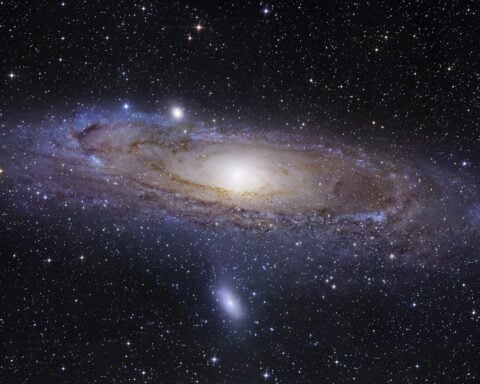
Treaties meant to ensure sustainability in space don’t currently regulate private companies, and not every country has signed on to an agreement for sustainable space exploration.
Months after a military officer made sensational claims about unexplained objects in the skies, NASA released a report loosely outlining a scientific approach for analyzing UAP reports.
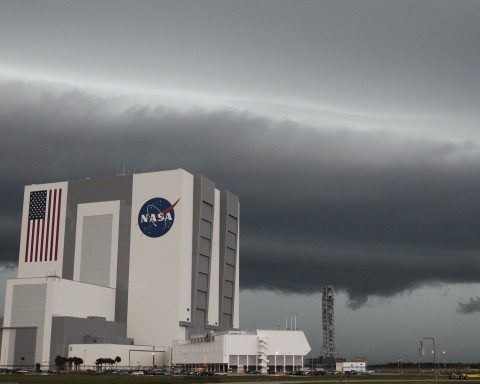
Some space rocks you can get for free – if you know how to identify them. Rarer materials cost more, and the asteroid sample NASA just brought back has a high price tag.
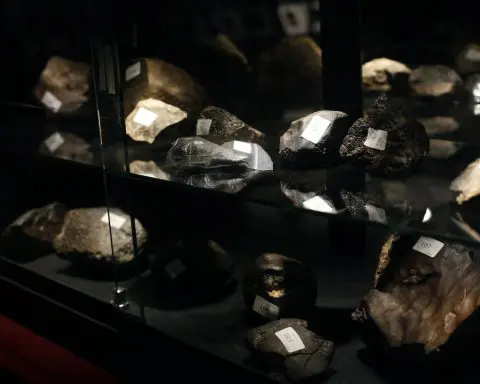
Sound needs matter to propagate, so the vast vacuum of space is not just empty − it’s silent.
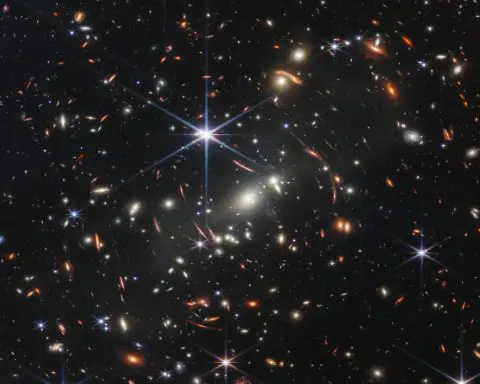
Orbital resonance is kind of like musical harmony, but systems that display it are far more rare than songs with harmonic melodies.
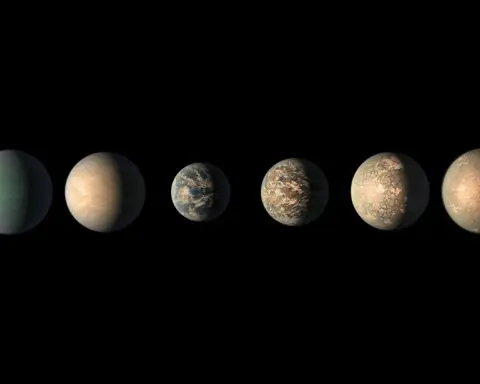
It’s not easy to collect rocks on a budget when the rocks are 140 million miles away.
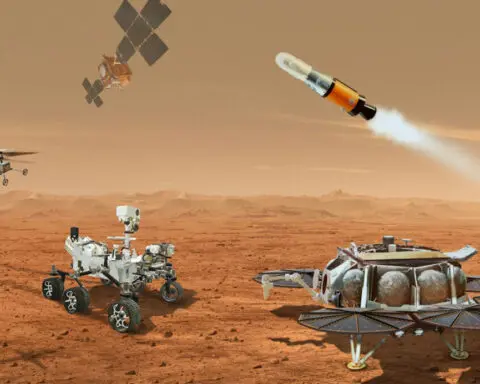
Research funding is down in recent years despite promises made with the CHIPS and Science Act.
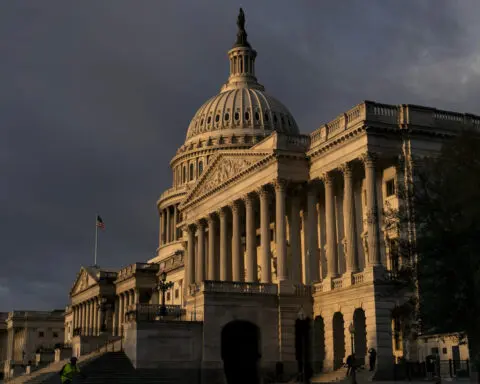
Traveling to space is riskier than many extreme sports − an increase in private missions could mean more civilians taking that risk.
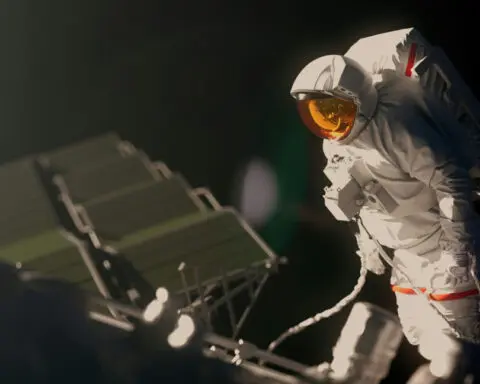
A specific set of chemical conditions led to the emergence of life on Earth. But can life emerge from other chemistries?

Your subscription includes
Unlimited Access to All Content from
The Los Angeles Post
Your subscription has been successfully upgraded!
